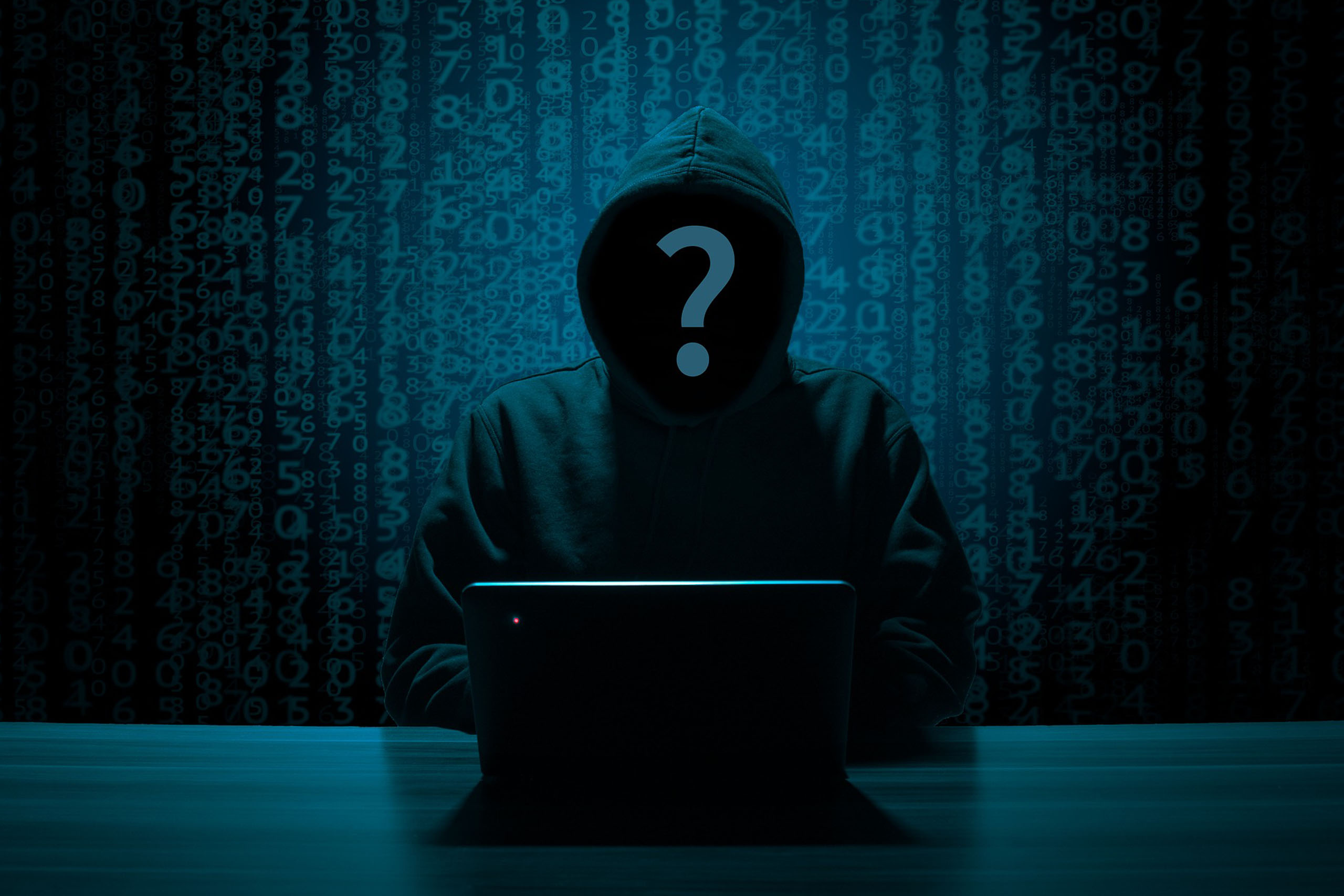The Justice Department has reportedly shut down hundreds of websites that have defrauded consumers with fake deals that were taking advantage of the global pandemic crisis. Security analysts are working tirelessly to chart the magnitude of the danger we face. There are a few data trends that shed light on the largest cybercrime surge that we have seen in the last few years.
Researchers have found that the majority of the world’s cyberattacks are coming from only three countries. The originating countries for most of the cyberattacks in 2020 have come from Russia, Ukraine, and the Philippines. These three countries had the most real people working on attacks rather than using bots executing the attacks.
But not all attackers are solely using humans to do their dirty work; many are using bots to spearhead their attacks. The humans behind the bot attacks program them to target social media. Usually these social media bots aren’t being used to attack specific people but rather to spread political propaganda and misinformation – aka fake news.
Social media aren’t the only platforms that are experiencing cyberattacks during these times, though. The gaming industry has seen a massive spike in usage since the beginning of the COVID-19 crisis with so many people staying indoors away from crowds and working remotely from home. With this dramatic increase in gaming, the gaming platforms have also experienced an increase in attempted cyberattacks. According to the Arkose report, “gaming websites and communities associated with gaming are experiencing as many as 65 cyberattacks per second during the first half of 2020.”
So, what can you do about these cyberattack attempts? It’s crucial to be skeptical of the information that you see on social media, particularly if it’s leaning towards politics during election times. Always ask yourself what the intention behind the post is. Is the post/information based in fact or in emotion? Usually, if it’s an emotion-invoking post, it can be viewed as propaganda and should be viewed with caution. When it comes to online games, be cautious and suspicious of free items, subscriptions, or other perks that the game does not normally provide. It is especially important to be wary of this for games that regularly involve financial transactions.
As consumers, we can look at the trends in cybercrime listed above and reasonably assume the possible outcomes if they continue – cybercrime attacks will only increase in the coming months. All that you can do as a consumer is educate yourself and have a plan in place for when something happens to prevent or recover from a devastating identity theft incident.
LibertyID provides expert, full service, fully managed identity theft restoration to individuals, couples, extended families* and businesses. LibertyID has a 100% success rate in resolving all forms of identity fraud on behalf of our subscribers.
*Extended families – primary individual, their spouse/partner, both sets of parents (including those that have been deceased for up to a year), and all children under the age of 25

